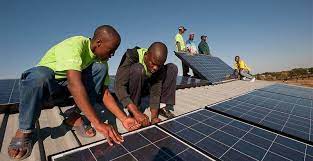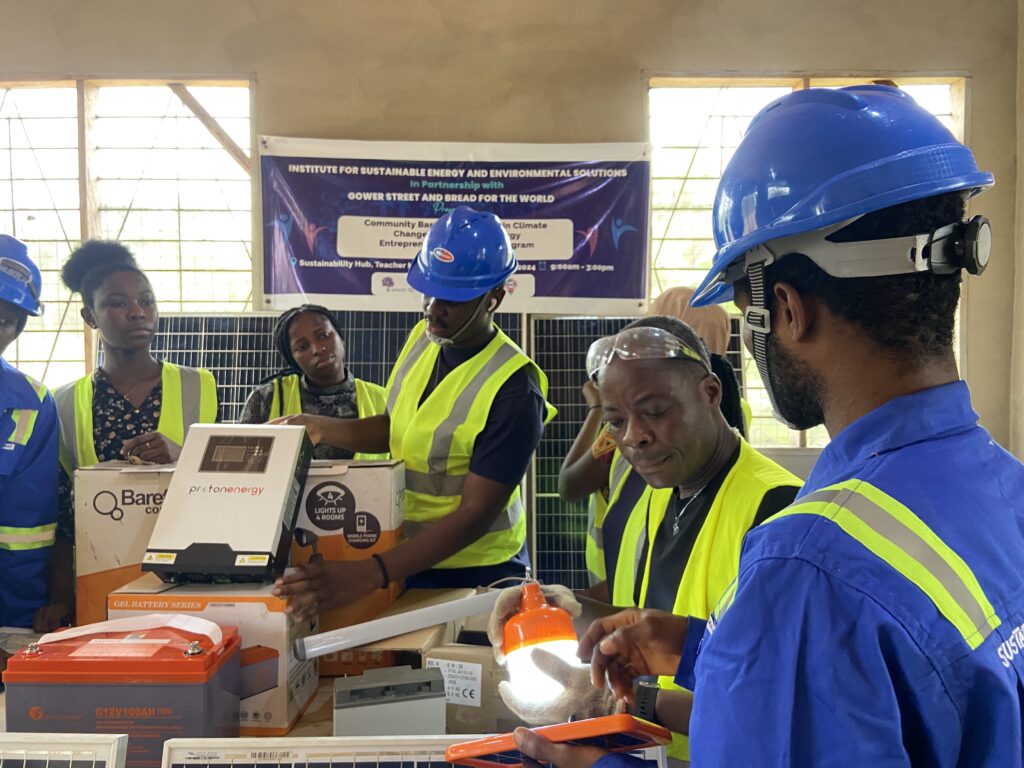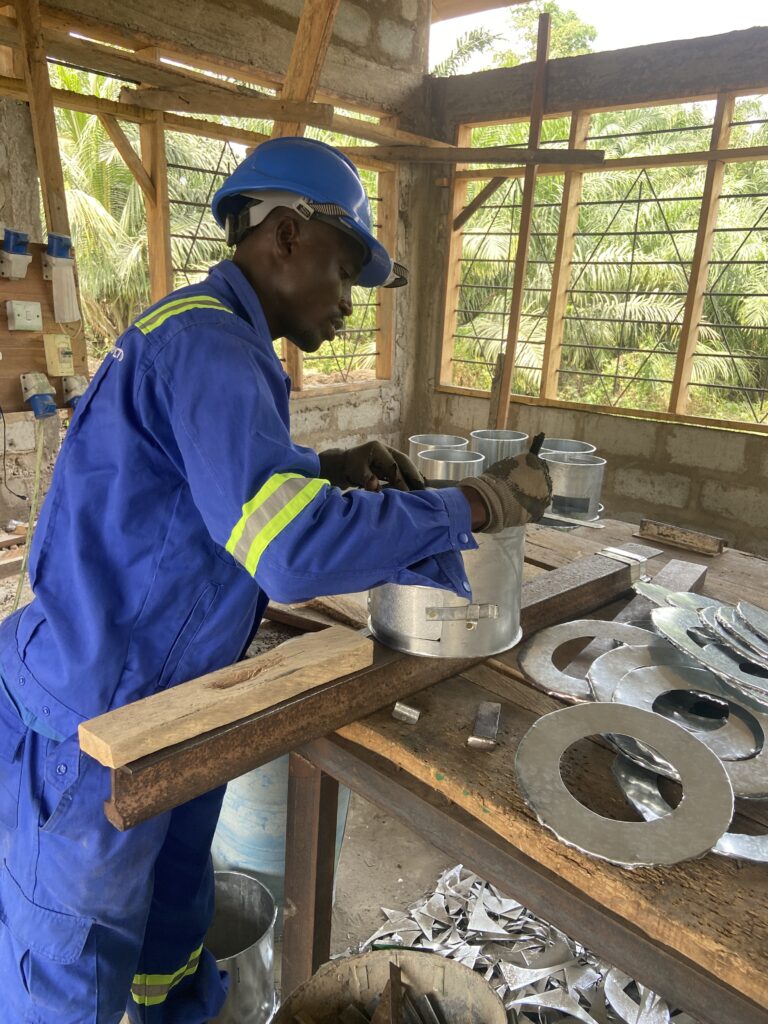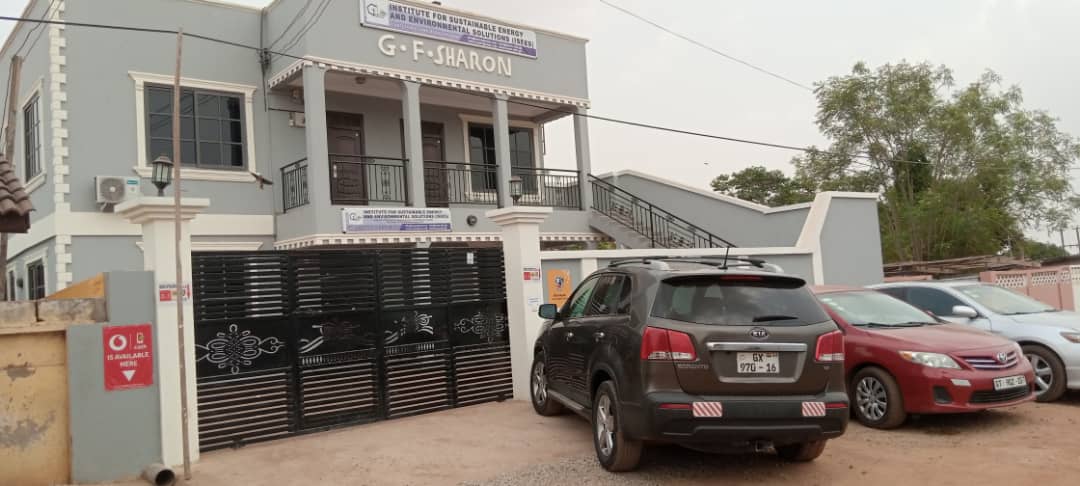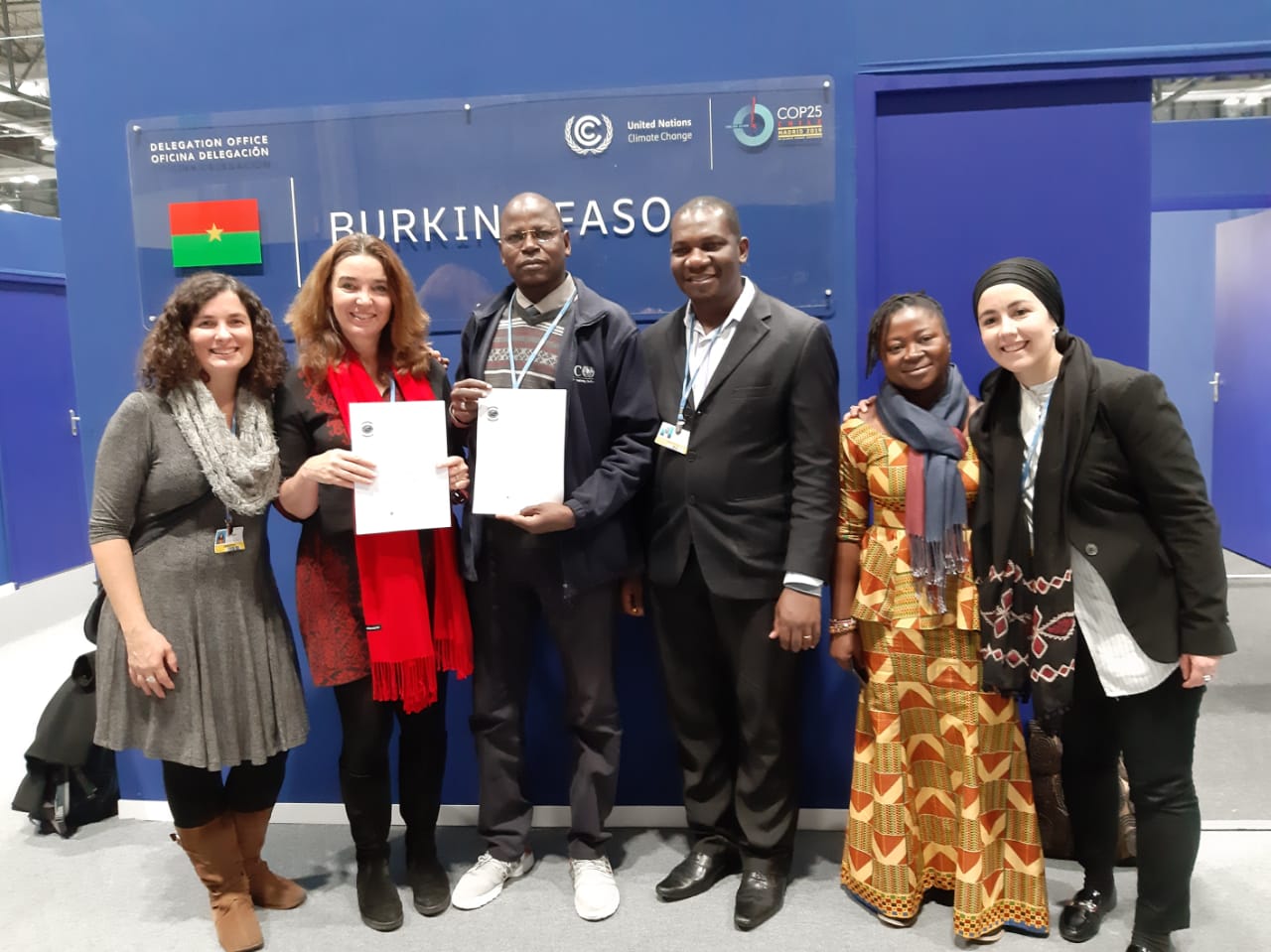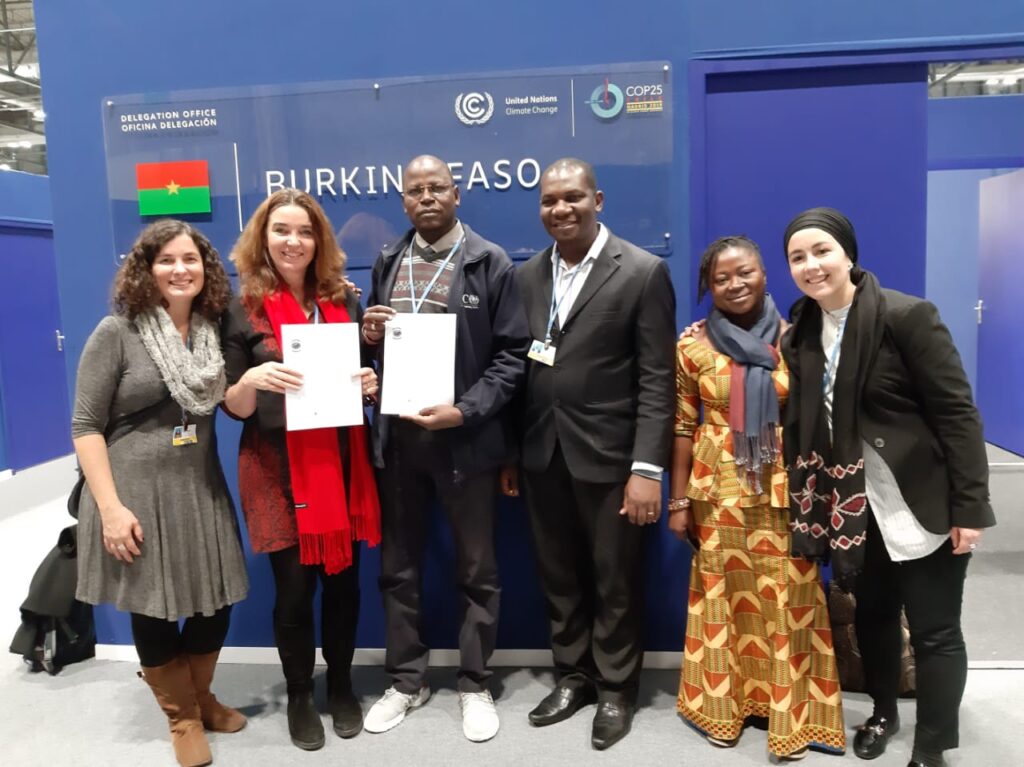
ISEES is a non-governmental educational institution that provides professional technical and tertiary training, research, consultancy, community development, and technology deployment in the areas of renewable energy and energy efficiency, climate change, environmental conservation, natural resources management, water, sanitation, and hygiene aimed at developing high caliber expertise for sustainability sector in Ghana and Africa.
The passion to identify and develop solutions to Ghana and Africa’s many energy and environmental challenges drives the mission for which ISEES was established.
ISEES hopes to contribute to sustainable development through sustainable partnerships with national governments, the private sector, and development partners globally.
A pragmatic institution that delivers solutions at the grassroots level and influences policies through evidence-based approaches helps us to contribute to sustainable development, through research, advocacy, capacity building, developing and deploying innovative climate-smart technologies, and incubating and growing sustainable businesses..
Brief History
ISEES was founded by former staff of SNV Netherlands Development Organisation out of the passion of working with grassroots communities to provide access to sustainable energy, working with sustainable energy businesses, enhancing sustainable market development for clean energy, project development, capacity building as well as engaging national government institutions and agencies in evidence-based policy advocacy.
With a diverse set of expertise ranging from energy, climate, agriculture, natural resources management and water and sanitation, the team committed to developing innovative solutions, building capacity and developing innovative technologies as well as making these technologies available to grassroots communities and businesses.
Having been within local communities in Ghana and Africa and seen the challenges with energy poverty, wanton destruction of natural resources, low access to sustainable sanitation and water, among low income households in rural communities and urban slums, low capacity and technical skills among youth in providing solutions to energy technologies, lack of financing for energy and environmental businesses, and low people to government engagement in policy advocacy, drove the passion to establish an institution that makes impact at the grassroots, provide pragmatic solutions to energy and environmental challenges as well as contribute significantly to sustainable development.
The team put together a structured governance system to ensure effective management of the institution, and since 2014, the team has grown to include experts in academia, private sector, business, and international experts providing passionate in providing solutions in the sustainable energy and environmental sector.
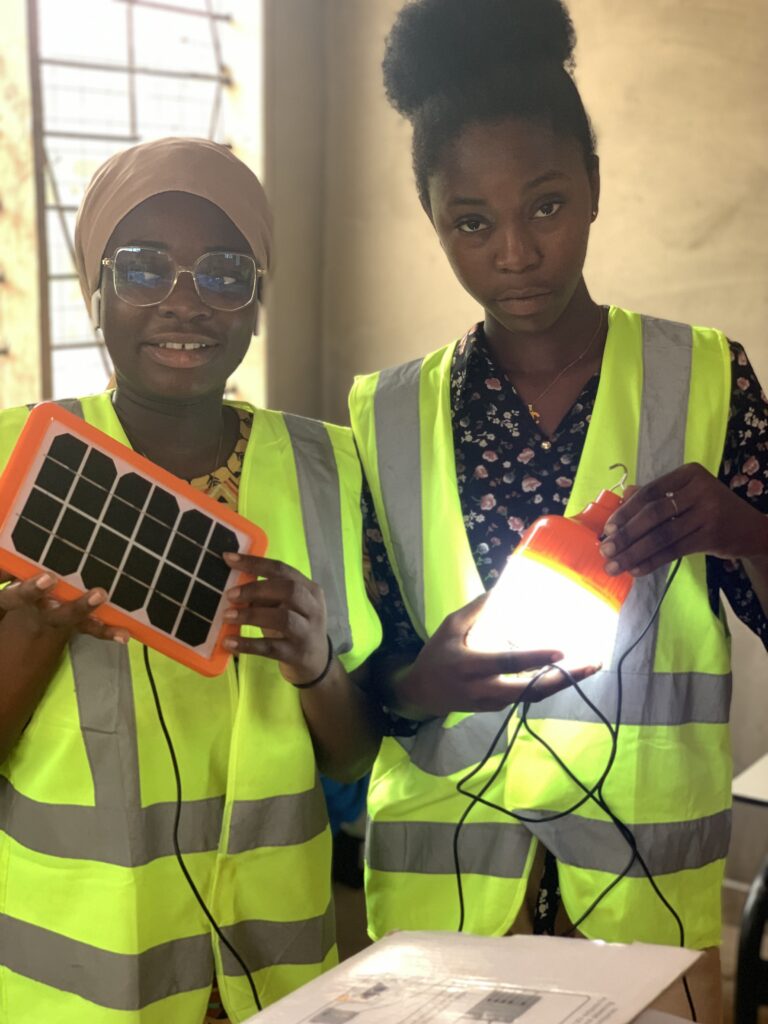
Our Vision
A world where all people have access to clean and efficient energy, living in environmentally sustainable ecosystems and have improved livelihoods
Our Mission
To facilitate access to modern, affordable and sustainable energy and environmental solutions to households, SMEs and communities through capacity building, research, technology development and deployment, sustainable market development, business incubation and advisory, and inclusive growth to achieve sustainable development in Ghana and Africa.
